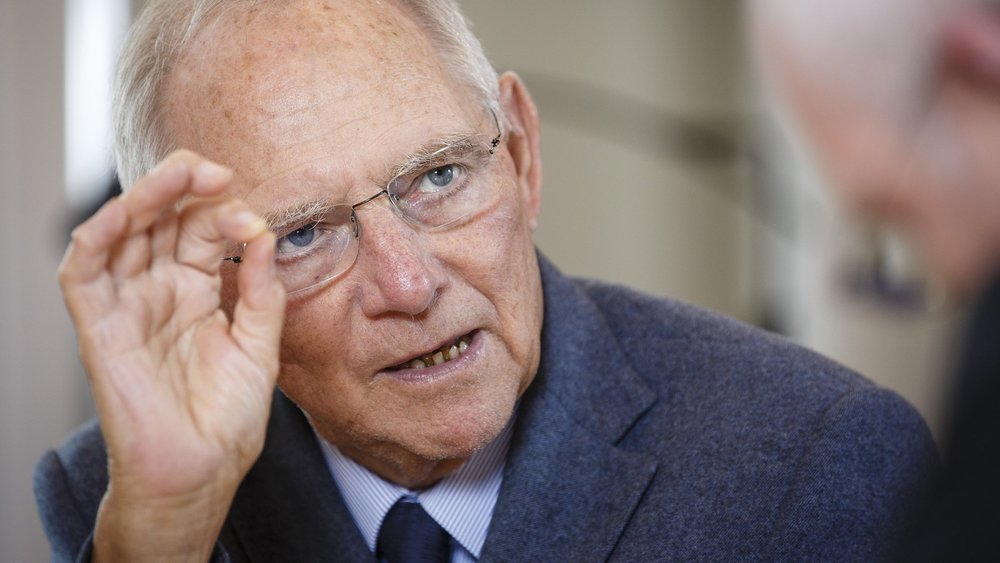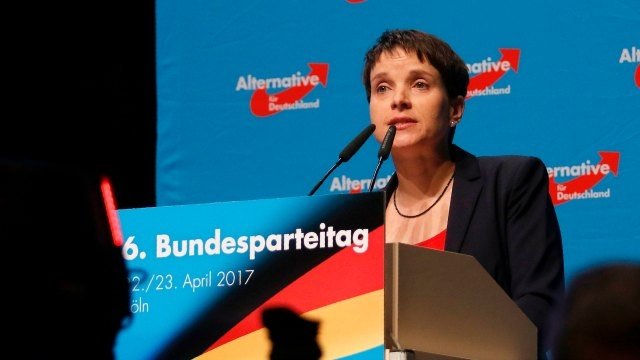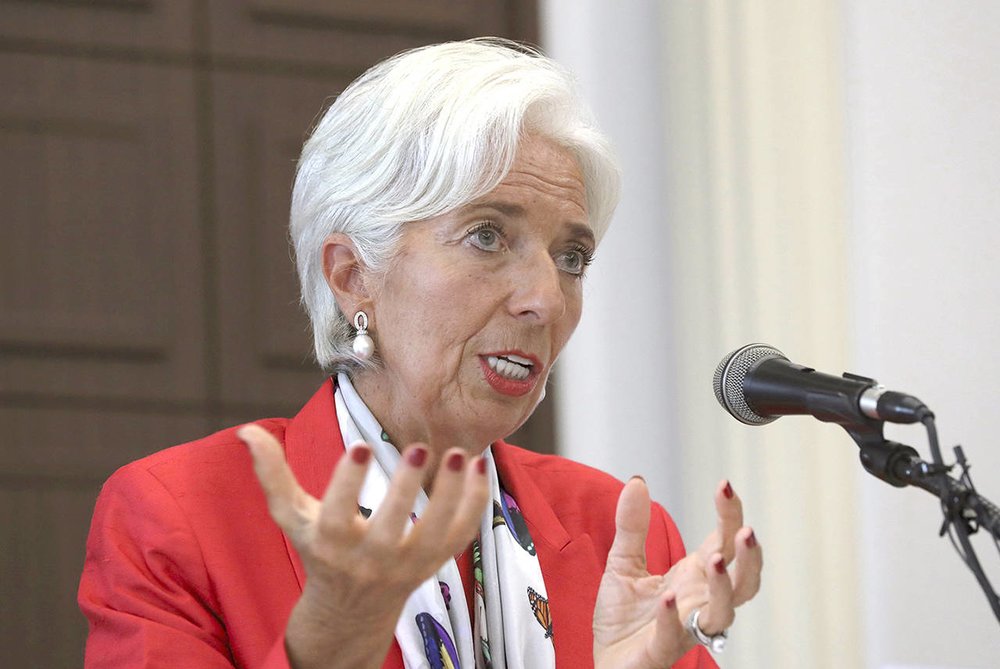In the year 2009, we’ve suffered global financial crisis when four giant U.S Banks declared that they “have lost half of their value since January 2”. This declaration created a chain reaction and domino effect to the worldwide Market. The following two-month period was critical as a series of large corporate institutions continued to declare a drop in their values. Fortunately, we’ve recovered since then! However, outgoing German finance minister warns the public that the same crisis might happen again.
German Finance Minister Wolfgang Schäuble Is Worried About Central Bank’s New Policies on Debts

German Finance Minister warns the public of impending global crisis
The German finance minister warned that the rise of debts may continue to surge exponentially because of new bank policies that threaten to destabilize the world economy. This was also triggered by trillions of dollars the Central Bank have invested into the market. He also warned that although the European economy is stable, it may cause instability when bank balance sheets are burdened with the post-crisis legacy of non-performing loans.
As a strong advocate of fiscal rectitude, Mr. Schäuble has steered and dominated the Eurozone policy when it comes to debts, which made the Germany’s economy one of the world’s largest and strongest economies in the past eight years. His legacy to the financial world was admired and followed by other European countries such as Greece.
Mr. Schäuble further reiterated that this threat to the rise of debts started when Brexit happened.
“In that respect they made a great contribution to European integration,” he said. “Though in the short term that doesn’t really help Britain.”
The Former German Finance Minister To Move In New Position

Alternative for Germany stuns the country by winning 12 percent last month.
After exiting the German finance department, Schäuble is now set to become the speaker of German Bundestag, despite the concern the legislature department raised by his impending arrival. They are also concerned that the arrival of 92 MPs from the Alternative for Germany (which stunned the political party by winning a landslide 12.6 percent during the last month’s election) would be in conflict with the appointment of the Finance Minister and would cause a rift to the liberal democracy.
However, Mr. Schäuble assured the public as well as Germany’s allies that the AfD’s surprise success would not affect the country’s commitment to liberal democracy in any way.
“There’s no chance Germany will ever relapse into nationalism,” he said. There’s no reason to believe that democracy and the rule of law are in danger” he said.
The Only Warning or Threat He Gave Is In Terms of World Economy

International Monetary Fund Christine Lagarde reported the world’s growth spurt over the decade
Although the finance minister said not to worry about liberal democracy, he further reinstated that he’s more worried about our world economy. He released the following statement in an interview in Financial Times:
“Economists all over the world are concerned about the increased risks arising from the accumulation of more and more liquidity and the growth of public and private debt. I myself am concerned about this, too,” he said.
Schäuble made the statement after the head of International Monetary Fund Christine Lagarde said the world is enjoying its best growth spurt for a decade. But not before she warned the public of the “looming threats” due to the high levels of debts of countries and the rapid credit expansion in China. Furthermore, several countries around the world are also getting bolder to take excessive risk in financial markets.
Based on the statements given by financial advisers all over the world, it seems we can conclude that Schäuble’s views are in chimed with the Bank of International Settlements. The bank institution has long argued that the world had become too accustomed to cheap credit that they started ignoring its higher interest debt rate that could derail the global economy.
Germany’s Current Economic Status
The country’s economy is flourishing and still booming as we speak, thanks to the rising domestic demand and investment while still retaining the lowest unemployment rate. Schäuble said that this is a vindication that the country is sticking to economic rules while avoiding unnecessary conflicts. The country was able to run successful balance budget since 2014 under his leadership.
“The UK always made fun of Rhineland capitalism,” he said, contrasting Germany’s consensus-driven, social market model. “[But] we have seen that the tools of the social market economy were more effective at dealing with the [financial] crisis . . . than in the places where the crisis arose.”
He also further ensured that even if he’s not working in the financial department anymore, he promised that the country will still be resilient enough to survive if an impending global financial crisis happens.










